Tel: 07514 601167 | Member Login
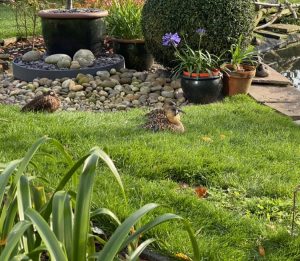
The lush green grass of summer could well be a distant memory. Maybe you have a few patches or edges that are now mud and need some repair. If soil
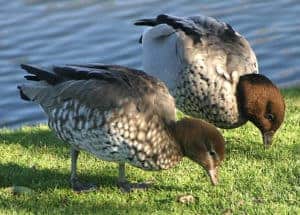
What’s in a name — Maned Duck or Maned Goose? Life is a gradient of relatedness and what taxonomy tries to do is put it in that order. When the
UK Breeds at Risk. Where do you stand if your collection succumbs to bird flu? Geese Brecon Buff Buff Back Chinese Embden Greyback Pilgrim Roman Sebastopol Shetland Steinbacher Toulouse (British
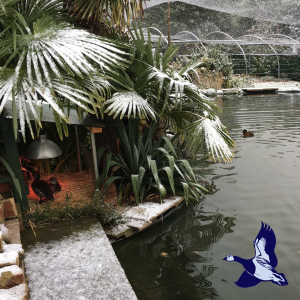
Many of our northern species are well adapted to the cold, but some from warmer parts of the world will appreciate shelter and dry bedding. Giving them the opportunity to
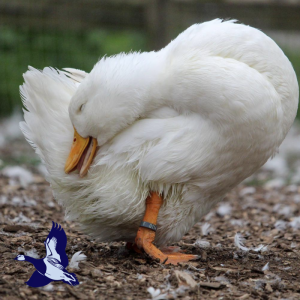
With many birds being housed due to the bird flu restrictions, it is still important that we allow them to bathe and give them water deep enough to submerge their
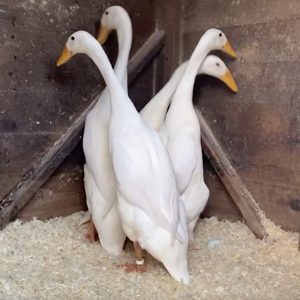
Breed Type in White birds. Breed Type is a term used in exhibition birds to describe the general shape or form of the bird that typifies the breed. Most points
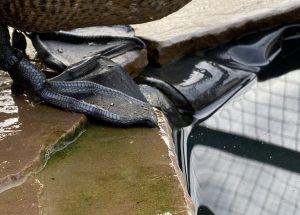
Thinking of their feet. The current Avian Influenza housing/netting restrictions for waterfowl may impact on foot health. Build up of Ammonia from faeces in bedding or bacteria in the soil
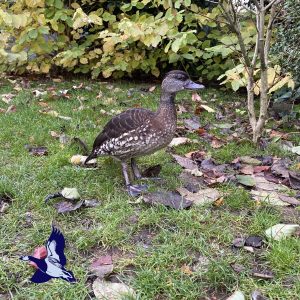
We all love eau-de-pond-sludge! That black foul mud that builds up at the bottom of the pond is mostly decaying organic matter; faeces, feathers, uneaten food and rotting plant material.
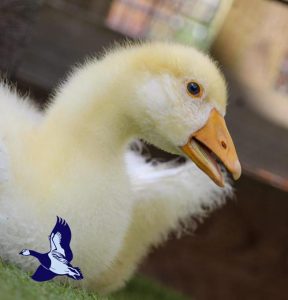
Biosecurity is for life, not just for Christmas. We all have everyday things to help us up our game. How about using a garden sprayer for wheels? Or a
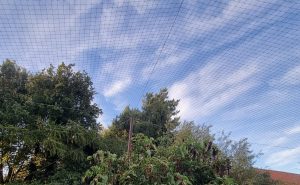
Netting of enclosures — the times they are a-changing an old song goes… Bird flu isn’t a myth or a conspiracy. The way we keep our birds is going to
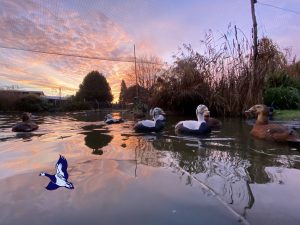
Many waterfowl are crepuscular in their feeding habits and movements. They favour the ‘gloaming’ – that half light at the beginning and end of the day. It’s a perfect time
The BWA offers members a wide range of services and facilities to help you get more enjoyment from waterfowl.
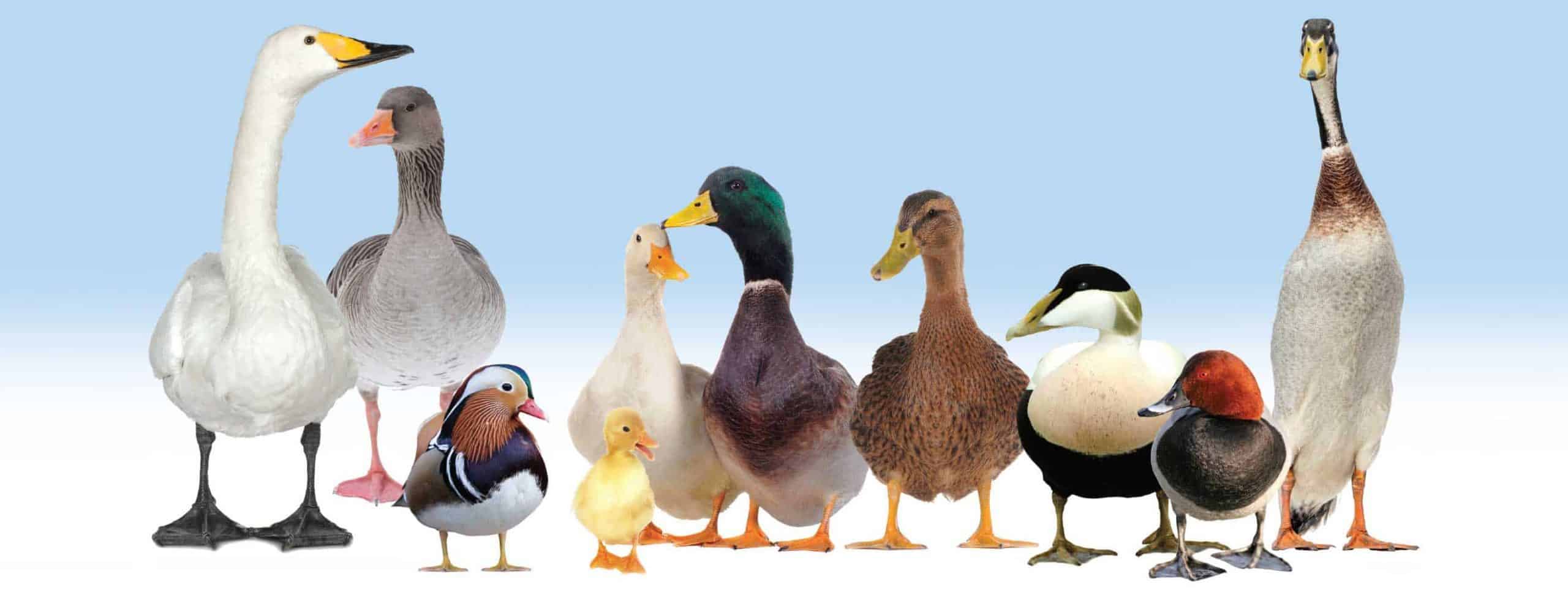
© 2024 – All Rights Reserved | Registered charity number 263156